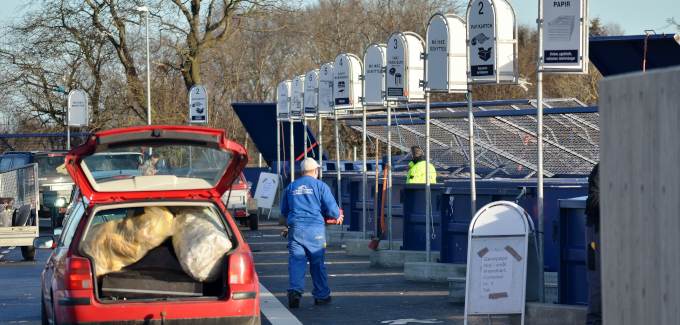
Circular economy is a newer term that is used in the context of sustainability. Circular economy may be best described by explaining linear economy, which has been the norm in business life for many years. Companies produce a product, sell it to the consumer, who after consumption throws it out. Linear economy is doomed to fail because the earth has limited resources.
Growth in the world economy and the growing world population will mean increased global demand and an increase in resource consumption. Our use and throw away culture is not sustainable in the long run. New solutions are needed if we are to ensure sustainability in the future. It requires a more circular mindset in relation to how we manufacture our products and act as consumers.
Circular economy is a way both to ensure better management of the earth's resources while at the same time giving the companies new economic opportunities. by developing new business models.
Circular economy is simply about keeping materials and products in the economic circuit with the highest possible value as long as possible. Circular economy breaks with the idea of a linear value chain that starts with the extraction of resources and ends up as waste.
The circular economy opens the possibility that the resources that would otherwise have ended as waste can go back one or more steps in the value chain and be included in the production again. Or they can be included as an input in a completely new circuit. Circular economy is thus either recycling of materials or - even better - waste prevention through products that, for example, are used for recycling. can be repaired or upgraded. It is also about innovative business models where the consumer can return the product for repair or upgrading. Or you can lease products instead of selling them to make the most of the products and their resource consumption.